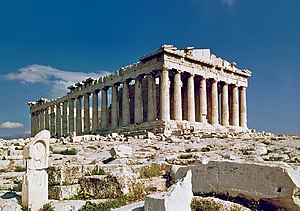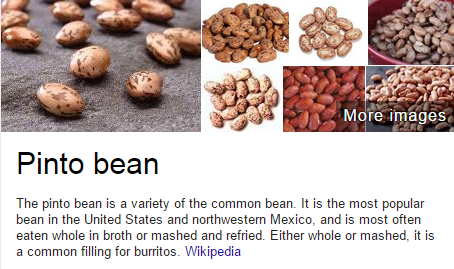Mythology
- Polytheistic
- Had a god for each thing
- fully developed relgion around 700 BCE
- Gods resembled humans due to their human characteristics
- The twelve olympians are the most important gods
- Zeus- God of sky and thunder; king of the gods
- Poseidon- God of the Sea
- Athena- Guardian of Athens, prayed to for wisdom, daughter of zeus
- Aphrodite- Goddess of love and beauty
- Hero- Goddess of marriage, protector of women
- Demeter- Goddess of agriculture, fertility, law and the harvest
- Apollo- God of sun, light, music, and the prophecy
- Artemis- Goddess of the hunt, forest, hills, moon and archery
- Ares- God of war; represented as the unpleasant side of death
- Hermes- God of trade, eloquence, messenger of the Gods
- Hephaestus- God of fire and metal working
- Hestia- basically what mr shick did on this slide (no offense mr schick

- Dionysus- God of fertility and wine
- Hades- God of wealth and ruler of the underworld
Athenian government
Aristocracy
- A form of government where the upper class are the select rulers
- Economic and political power were a premium
- Children inherited power in artistocracy
- Aristocrats often made harsh laws towards the classes below them
- Solon broke this law, but he was soon receeded when he became older
Tyranny
- Rose to popularity around 600 BC
- Middle class people wanted to make a change often during a tyranny
- Military leaders aided these middle class people
- Citizens gave new tyrants gifts
- Tyrants ruled for short periods of time
- Tyrants weren't necesarilly brutes or mean, they just made laws that bettered themselves.
Philosphy
Socrates
- Looked to logic and science instead of Gods
- Socratical method challeneged Greek thinking
- Charged with impiety and corruption of youth
- Socrates was a smart guy, at his trial he confessed to his crimes and demanded praise instead of condemnment (basicallt socrates below, or at least what i imagined)

Plato
- Plato was one of Socrates' students
- Socrates' ideas are known today mainly because of Plato's writing
- His most important book is the Republic
Artistotle
- Helped foster the idea of intellectual destination
- Focused on research (Lyceum)
- He wanted all knowledge accessible to man in one place
That was one long blog

The king of Swaziland from 1977 wishes you luck on your trip

 A statue of philosipher Aristotle (Source: http://upload.wikimedia.org/wikipedia/commons/a/ae/Aristotle_Altemps_Inv8575.jpg)
A statue of philosipher Aristotle (Source: http://upload.wikimedia.org/wikipedia/commons/a/ae/Aristotle_Altemps_Inv8575.jpg)







